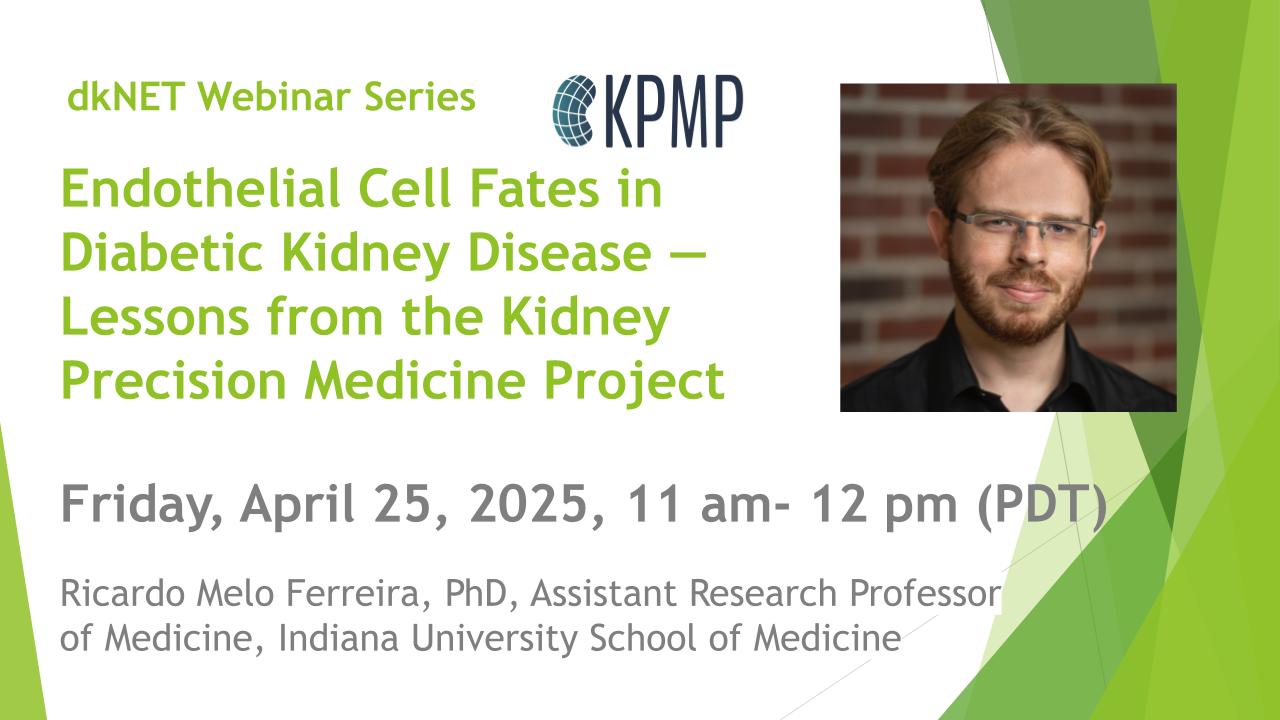Leaving Community
Are you sure you want to leave this community? Leaving the community will revoke any permissions you have been granted in this community.
[Recorded Webinar And Slides Are Available Now!] Join dkNET Webinar - FAIR Data Require Better Metadata: The Case for CEDAR
*Webinar recording: https://youtu.be/JEAbAgRKomM
*Webinar slides: https://www.slideshare.net/dkNET/dknet-webinar-fair-data-require-better-metadata-the-case-for-cedar-11132020
Join dkNET Webinar on Friday, Nov. 13, 2020, 11 am - 12 pm PST
Abstract
With the explosion of interest in open science, the past few years have overflowed with discussions of making scientific data “FAIR”—findable, accessible, interoperable, and reusable. The problem is that most scientific datasets are by no means FAIR. When left to their own devices, scientists do a terrible job creating the metadata that describe the experimental datasets that make their way to online repositories. The lack of standardization makes it extremely difficult for other investigators to locate relevant datasets, to reanalyze them, and to integrate those datasets with other data. There is an urgent need to make it easy for investigators to author metadata that adhere to community standards and that describe datasets in reproducible terms. The Center for Expanded Data Annotation and Retrieval (CEDAR) is developing technology with the goal of doing just that. Although it will take more than technology to make data FAIR, solid infrastructure is an essential prerequisite. CEDAR demonstrates the value of making it easy for scientists to author metadata that are complete, comprehensive, and standardized.
The top 3 key questions that CEDAR can answer:
1. How can I describe my experiment in a way that will allow other investigators to find my data?
2. What are the essential metadata fields needed to describe an experiment that uses a method such as RNA-Seq?
3. How can I easily enter metadata that are acceptable to a repository such as NCBI’s BioSample database?
Presenter: Mark Musen, PhD, Professor of Biomedical Informatics and of Biomedical Data Science at Stanford University, and Director of the Stanford Center for Biomedical Informatics Research
Dial-in In formation
Date/Time: Friday, Nov. 13, 2020, 11 am - 12 pm PST
https://uchealth.zoom.us/meeting/register/tZ0vduisrjMsHdH_0j1jYwpTZL5h3nyNuExB
Upcoming webinars schedule: https://dknet.org/about/webinar





